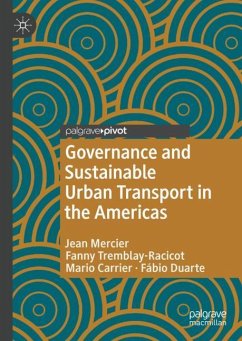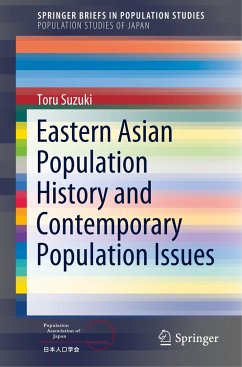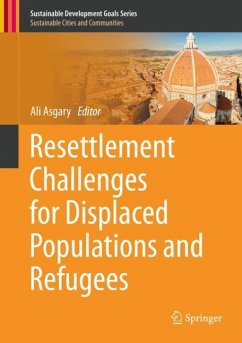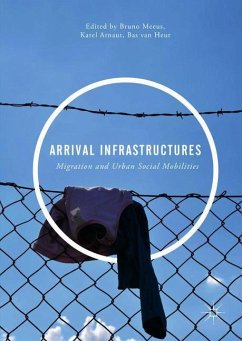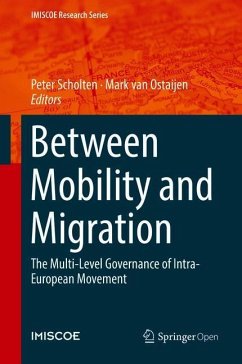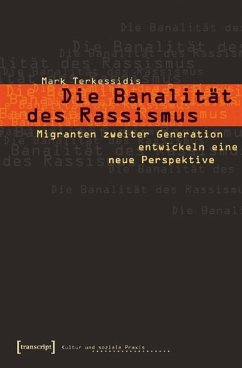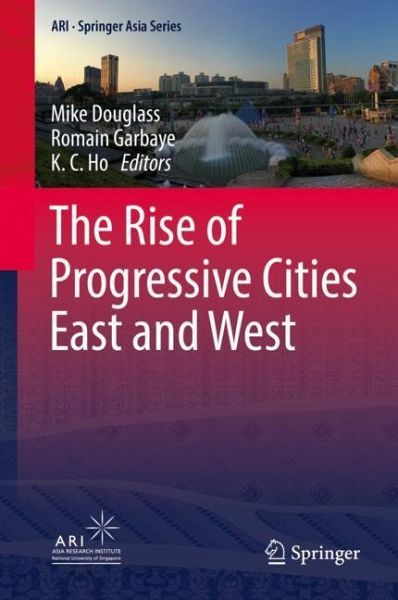
The Rise of Progressive Cities East and West

PAYBACK Punkte
38 °P sammeln!
This book explores the leading role that cities can play in shaping progressive policies in collaboration with various stakeholders. It examines the timing of such shifts to progressivity in cities, the interactions that enable progressive actions to be developed and sustained, and the challenges and constraints facing progressive cities. The book approaches the themes using an array of methods to investigate how progressive city governments emerge, what constitutes a "progressive city" in terms of governance institutions, processes and outcomes and whether progressive cities are destined to b...
This book explores the leading role that cities can play in shaping progressive policies in collaboration with various stakeholders. It examines the timing of such shifts to progressivity in cities, the interactions that enable progressive actions to be developed and sustained, and the challenges and constraints facing progressive cities. The book approaches the themes using an array of methods to investigate how progressive city governments emerge, what constitutes a "progressive city" in terms of governance institutions, processes and outcomes and whether progressive cities are destined to be ephemeral or if they can be sustained over time. With its focus on the emerging role of local governments in shaping city futures, this book is useful for students, academics, government official and policy makers interested in geography, sociology, urban planning, public policy, political economy, social movements, participatory democracy and Asian and European studies.





